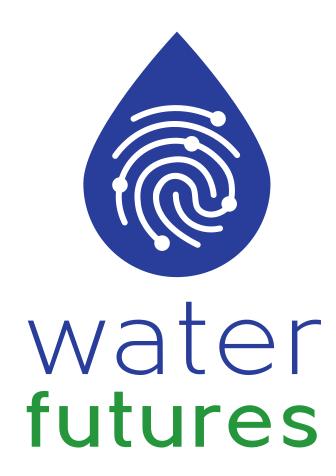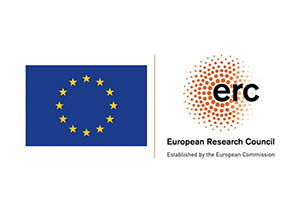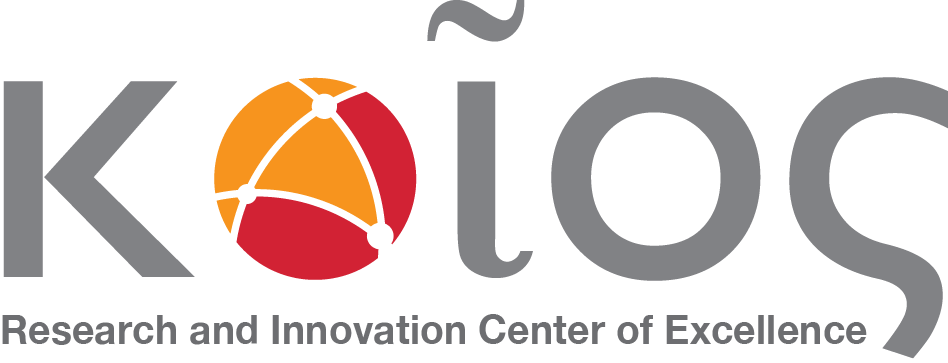The world population living in urban settlements is expected to increase to 70% by 2050. Historically, as cities grew, new water infrastructures followed as needed. However, these developments had less to do with real planning than with reacting to crisis situations and urgent needs, due to the inability of urban water planners to consider long-term, deeply uncertain and ambiguous factors affecting urban development and water demand. These, coupled with increasingly uncertain climate conditions, indicate the need for a more holistic and intelligent decision-making framework for managing water infrastructures in the cities of the future.

The ERC Synergy Grant funded project “Water Futures” aims to develop a new theoretical framework for the allocation and development decisions on drinking water infrastructure systems, so that they are socially equitable, economically efficient and environmentally resilient, as advocated by the UN Agenda 2030, Sustainable Development Goals.
The Water-Futures team will build on synergies from the four research groups, transcending methodologies from water science, systems and control theory, economics and decision science, and machine learning, into an integrated decision and control framework, to be implemented as an open-source research toolbox. The new science outcomes will be applied to three case studies exemplifying different types of urban water systems: a mature, relatively stable system in the Netherlands; a mature and rapidly expanding system in Cyprus; and a relatively recent supply system in Mexico with high growth and special challenges, including limited resources, intermittent supply and high water losses.
The awarded project is a partnership between four internationally recognized researchers and their teams: Professor Marios Polycarpou, from the University of Cyprus; Professor Barbara Hammer from the Bielefeld University in Germany; Professor Phoebe Koundouri from the Athens University of Economics and Business in Greece; and Professor Dragan Savić from the KWR Water Research Institute in the Netherlands and University of Exeter, UK.
Project’s website: https://waterfutures.eu/

The Water-Futures project receives funding from the European Research Council (ERC) under the European Union’s Horizon 2020 research and innovation programme Grant agreement No. 951424.



